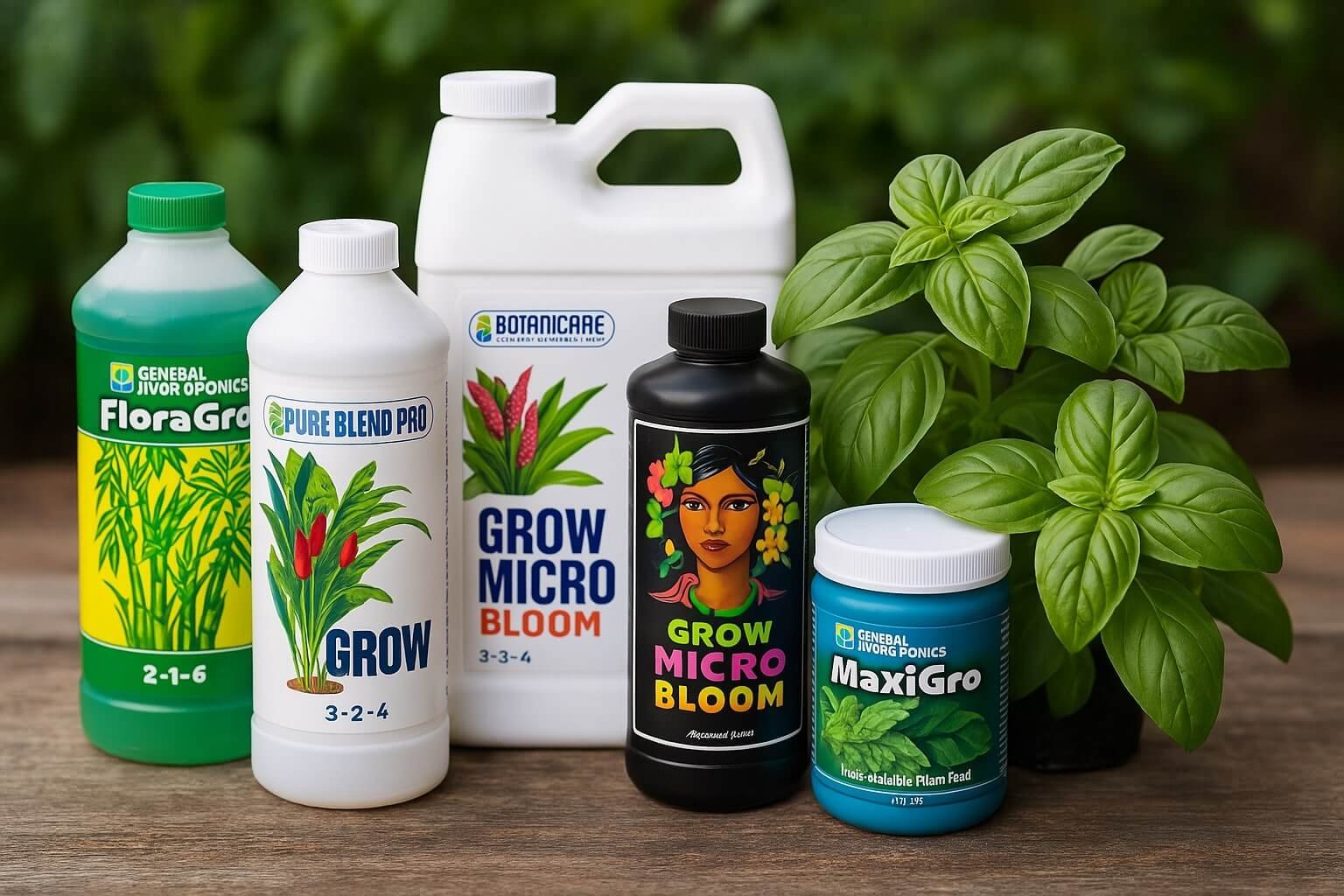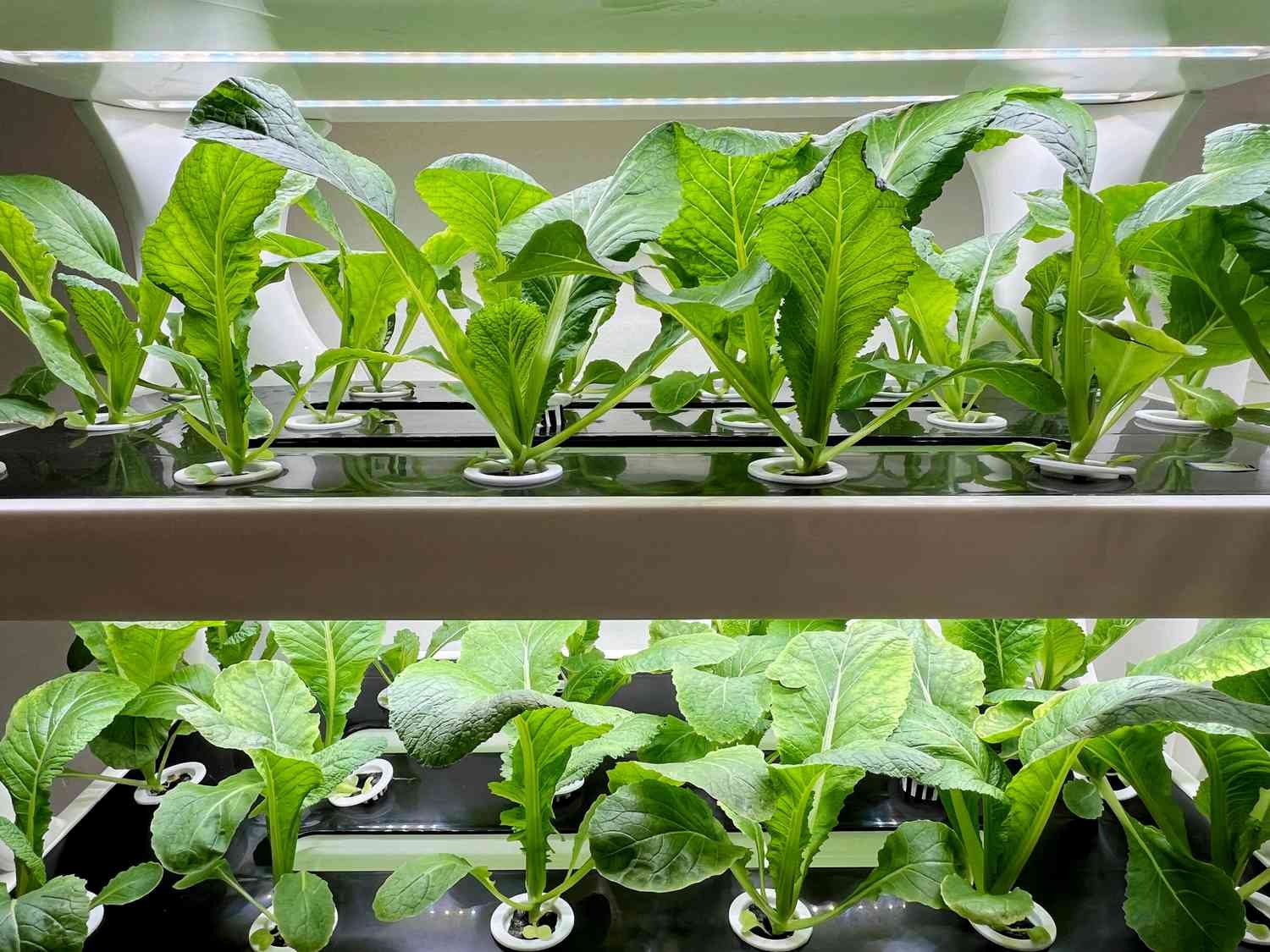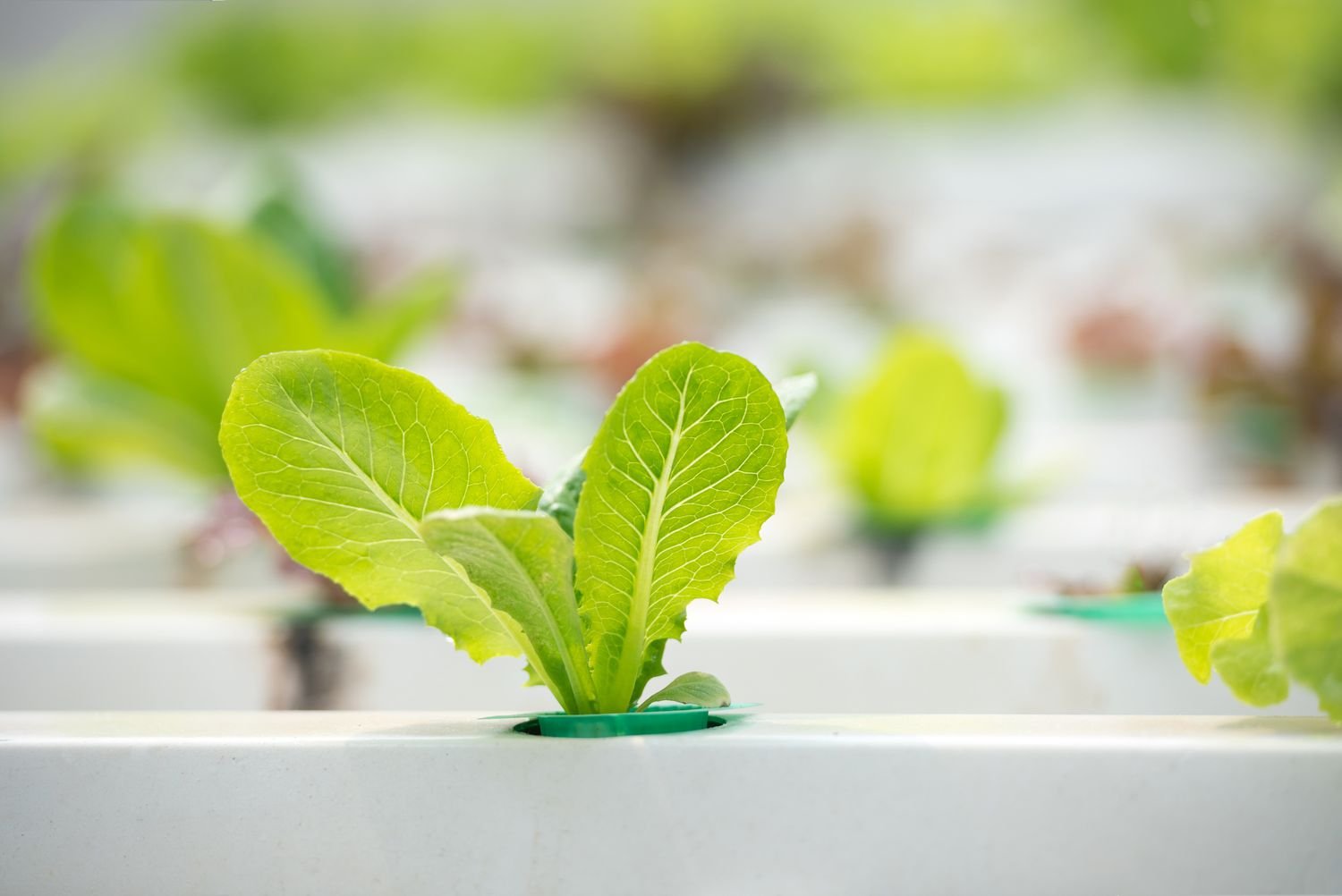A Complete Guide
Hydroponics is revolutionizing the way we grow plants—no soil, no mess, just pure nutrient-rich water and thriving greenery. But the secret to success lies in choosing the best hydroponic nutrients that fuel healthy plant growth. Whether you’re cultivating leafy greens, herbs, or flowering vegetables, the right nutrient mix can make or break your harvest.
In this guide, we’ll explore:
- What hydroponic nutrients are
- Key macronutrients and micronutrients
- Top recommended nutrient brands
- How to choose the right formula for your setup
- Tips for maximizing plant health and yield
🌿 What Are Hydroponic Nutrients?
Hydroponic nutrients are water-soluble compounds that provide essential elements to plants grown in soilless systems. Since there’s no soil to supply minerals, these nutrients must be added directly to the water.
🔑 Nutrient Categories:
- Macronutrients: Nitrogen (N), Phosphorus (P), Potassium (K)
- Secondary nutrients: Calcium (Ca), Magnesium (Mg), Sulfur (S)
- Micronutrients: Iron (Fe), Zinc (Zn), Manganese (Mn), Copper (Cu), Boron (B), Molybdenum (Mo)
Each plays a vital role in photosynthesis, root development, flowering, and overall plant health.
🌟 Top 5 Best Hydroponic Nutrients for Healthy Growth
Here are the most trusted and effective nutrient solutions for hydroponic systems:
1. General Hydroponics Flora Series
- Type: Liquid
- Best for: All plant types
- Why it’s great: A 3-part system (Grow, Bloom, Micro) that allows customization for each growth stage. NASA even uses it!
2. Botanicare Pure Blend Pro Grow
- Type: Liquid
- Best for: Vegetative growth
- Highlights: Organic-based formula with fish meal, kelp, and seabird guano. Ideal for fruits, veggies, and herbs.
3. Advanced Nutrients Grow, Micro, Bloom
- Type: Liquid
- Best for: Cannabis and flowering vegetables
- Unique feature: pH-perfect technology—no need to adjust pH manually.
4. FoxFarm Liquid Nutrient Trio
- Type: Liquid
- Best for: Flowering plants
- Includes: Grow Big, Tiger Bloom, Big Bloom—great for boosting blooms and fruit production.
5. General Hydroponics MaxiGro & MaxiBloom
- Type: Powder
- Best for: Budget-conscious growers
- Pros: Easy to store, long shelf life, and effective for leafy greens and flowering crops.
🧪 How to Choose the Right Hydroponic Nutrients
Choosing the best nutrients depends on:
- Plant type: Leafy greens need more nitrogen; flowering plants need more phosphorus and potassium.
- Growth stage: Use vegetative formulas early and bloom formulas later.
- System type: Deep Water Culture (DWC), NFT, or drip systems may require different solubility and pH balance.
✅ Pro Tips:
- Always check the N-P-K ratio on the label.
- Monitor pH levels (ideal range: 5.5–6.5).
- Use EC meters to track nutrient concentration.
- Avoid overfeeding—nutrient burn is real!
🌼 Organic vs Synthetic Nutrients
| Type | Pros | Cons |
|---|---|---|
| Organic | Eco-friendly, improves root health | Slower absorption, may clog systems |
| Synthetic | Fast-acting, precise control | Less sustainable, risk of overfeeding |
For beginners, synthetic nutrients offer more predictable results. For sustainability-focused growers, organic blends are worth exploring.
🌊 Liquid vs Powder Nutrients
| Form | Advantages | Considerations |
|---|---|---|
| Liquid | Easy to mix, fast absorption | Heavier, shorter shelf life |
| Powder | Compact, cost-effective | Requires careful mixing |
🌾 Best Nutrients by Plant Type
🥬 Leafy Greens (Lettuce, Spinach)
- High nitrogen
- Recommended: General Hydroponics FloraGro
🍅 Fruiting Vegetables (Tomatoes, Peppers)
- High phosphorus and potassium
- Recommended: FoxFarm Tiger Bloom
🌸 Flowering Plants (Cannabis, Orchids)
- Balanced NPK with micronutrients
- Recommended: Advanced Nutrients Bloom
❓ Frequently Asked Questions (FAQs)
Q1: What is the best NPK ratio for hydroponic vegetables?
A: For leafy greens, a ratio like 3-1-2 works well. For flowering vegetables, shift to 1-3-2 during bloom phase.
Q2: Can I use soil nutrients in hydroponics?
A: No. Soil nutrients may contain insoluble particles and lack the precision needed for hydroponic systems.
Q3: How often should I change the nutrient solution?
A: Every 1–2 weeks, or when EC/pH levels fluctuate significantly.
Q4: Are organic hydroponic nutrients effective?
A: Yes, especially for herbs and leafy greens. Just ensure they’re fully water-soluble.
Q5: What’s the ideal pH range for hydroponics?
A: Between 5.5 and 6.5, depending on the crop.






